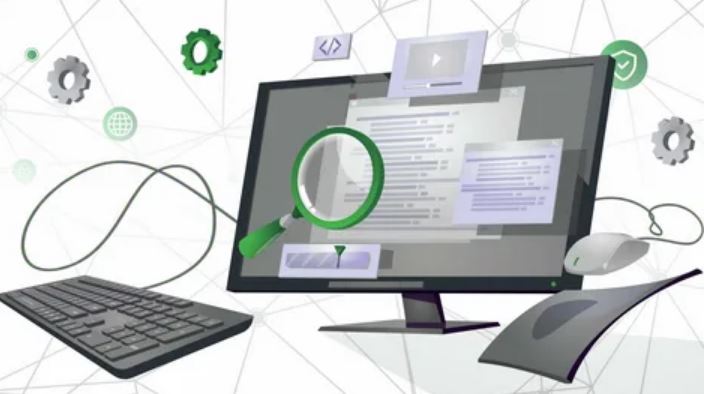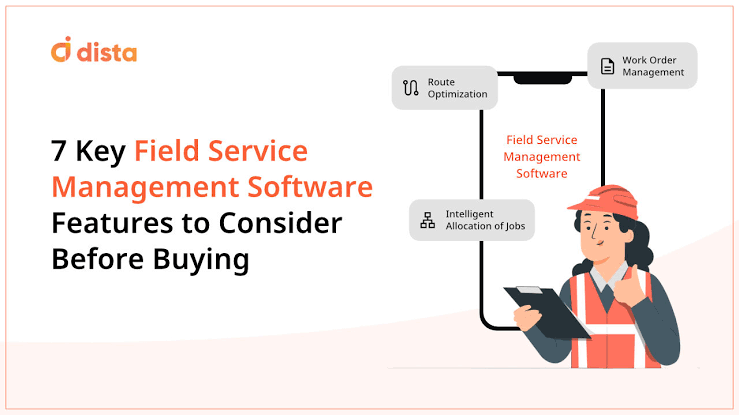Defect Management Tools Transforming Development

Strong 8k brings an ultra-HD IPTV experience to your living room and your pocket.
In the fast-paced world of software development, ensuring high-quality products free from defects isn't just a nice-to-have; it's essential. If you've found yourself bogged down by endless lists of bugs and errors, wondering how to streamline the process, you're not alone. Enter defect management tools—your new best friend in maintaining code quality and project efficiency.
This blog post will guide you through everything you need to know about defect management tools. We’ll cover why they’re crucial, how they work, and what to look for when choosing one. Whether you're a seasoned developer or a tech newbie, this guide aims to transform your approach to defect tracking and management.
What is a Defect Management Tool?
Defect management tool are specialized software applications designed to track, manage, and resolve defects or bugs within a system. These tools help you identify, document, and prioritize issues, making the debugging process more efficient. The ultimate goal is to improve product quality and ensure a seamless user experience.
Why Every Development Team Needs a Defect Management Tool
A robust defect management tool is indispensable for any development team. Without it, you risk drowning in a sea of bugs, missing critical errors, and compromising the quality of your product. These tools not only help in identifying and documenting defects but also in prioritizing them based on their impact.
How Defect Management Tools Work
Understanding how these tools function can help you make the most out of them. Typically, a defect management tool integrates with your development environment and offers features like issue tracking, reporting, and resolution workflows. These capabilities ensure that every defect is logged, tracked, and addressed in an organized manner.
Benefits of Using Defect Management Tools
The advantages of defect management tools are manifold. Firstly, they provide a centralized repository for all your defect-related data. This keeps everyone on the same page and ensures no bug slips through the cracks. Secondly, they facilitate better communication among team members, leading to quicker resolutions.
Key Features to Look for in a Defect Management Tool
When choosing a defect management tool, some features should be non-negotiable. Look for tools that offer robust issue tracking, real-time notifications, and seamless integration with other development tools. Additionally, customizable workflows and comprehensive reporting capabilities can significantly enhance your debugging process.
Popular Defect Management Tools in the Market
Several defect management tools have gained popularity for their efficiency and ease of use. Tools like JIRA, Bugzilla, and MantisBT are widely used in the industry. Each of these tools offers unique features and capabilities, making them suitable for different types of projects and teams.
How to Integrate Defect Management Tools into Your Workflow
Integration is key to getting the most out of your defect management tool. Ensure that the tool you choose can seamlessly integrate with your existing development environment. This will allow for automatic defect tracking tool nand reporting, making your workflow more streamlined and efficient.
The Role of AI in Defect Management
Artificial Intelligence (AI) is revolutionizing defect management by automating various aspects of defect tracking and resolution. AI can help in predicting potential defects, suggesting fixes, and even automating the testing process. This not only speeds up the debugging process but also enhances the accuracy of defect detection.
Best Practices for Effective Defect Management
To make the most of your defect management tool, follow some best practices. Regularly update your defect logs, prioritize issues based on their impact, and involve all relevant stakeholders in the defect resolution process. Consistent and thorough documentation can also go a long way in ensuring effective defect management.
Common Challenges in Defect Management and How to Overcome Them
Despite the advantages, defect management comes with its own set of challenges. Issues like poor communication, inadequate documentation, and lack of prioritization can hamper your defect management efforts. Address these challenges by fostering a culture of transparency and collaboration within your team.
Case Studies: Successful Implementation of Defect Management Tools
Real-world examples can provide valuable insights into the effectiveness of defect management tools. Many organizations have successfully implemented these tools to enhance their development processes. Case studies from companies like Google and Microsoft highlight how defect management tools can significantly improve product quality and team efficiency.
Future Trends in Defect Management
The field of defect management is continually evolving, with new trends and technologies emerging regularly. Keep an eye out for advancements in AI, machine learning, and automation, as these are set to shape the future of defect management. Staying updated with these trends can give you a competitive edge.
Conclusion
Defect management tools are an invaluable asset for any development team. They streamline the debugging process, improve product quality, and enhance team efficiency. By choosing the right tool and following best practices, you can significantly reduce the time and effort spent on defect management.
Note: IndiBlogHub features both user-submitted and editorial content. We do not verify third-party contributions. Read our Disclaimer and Privacy Policyfor details.







